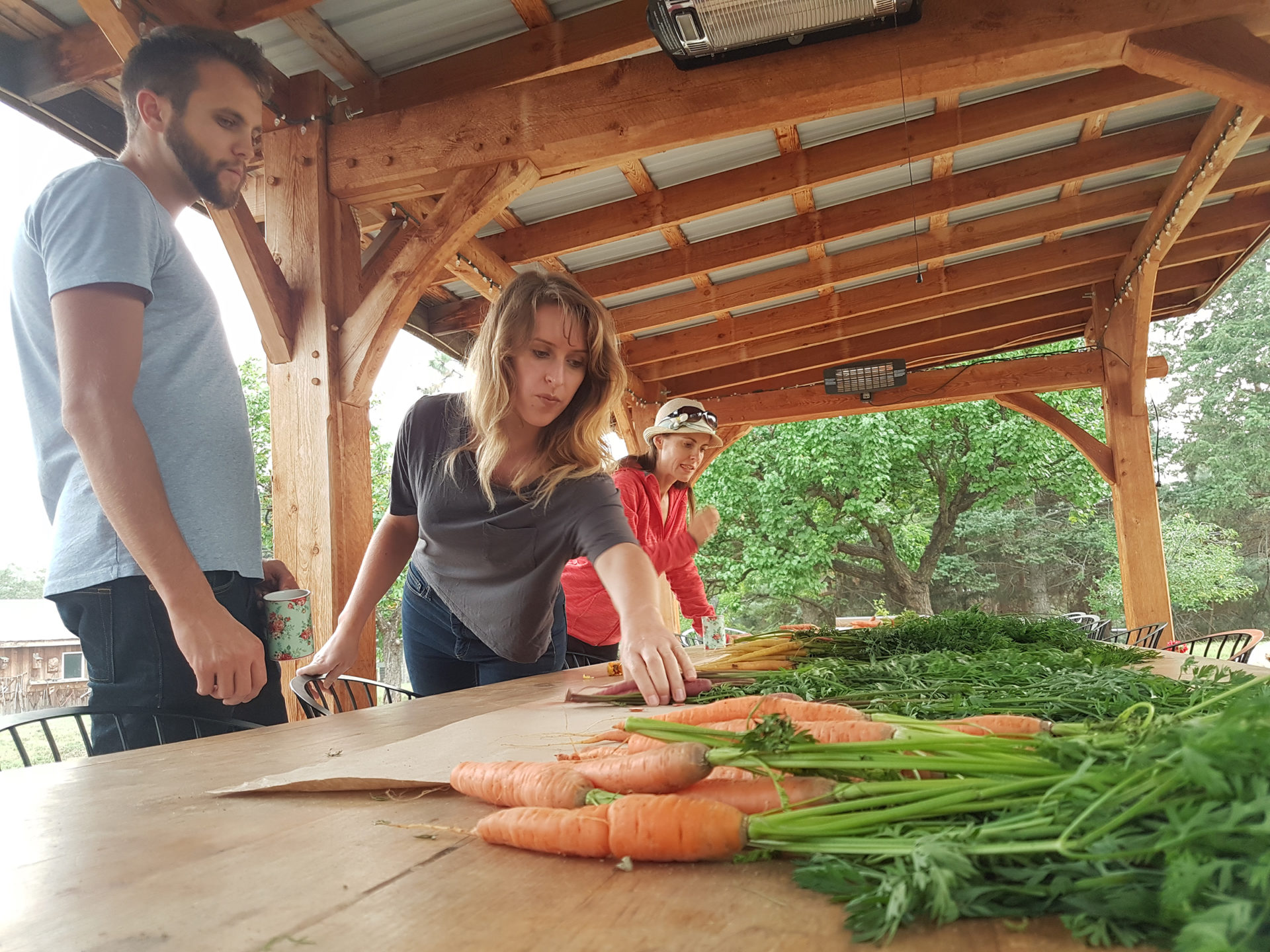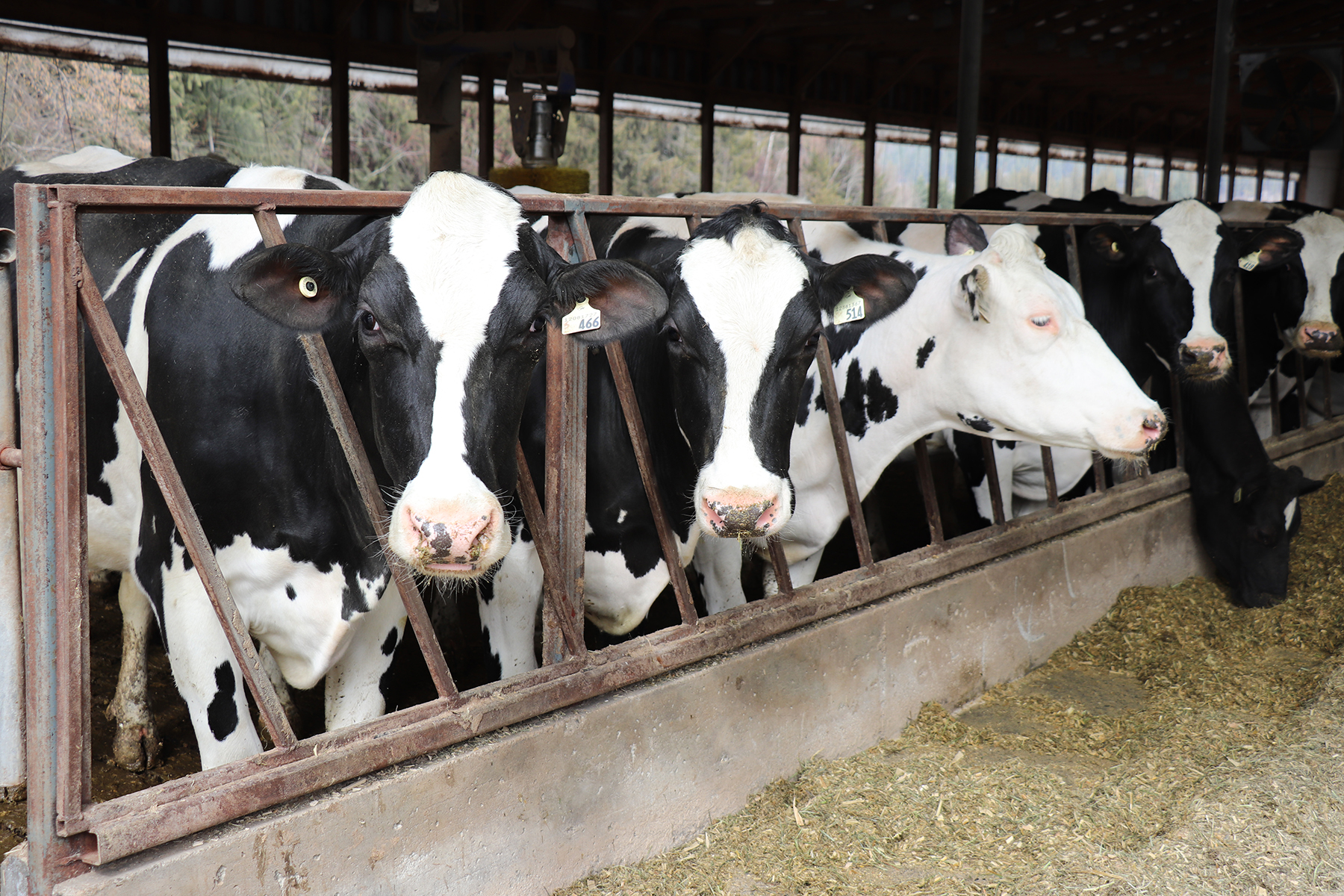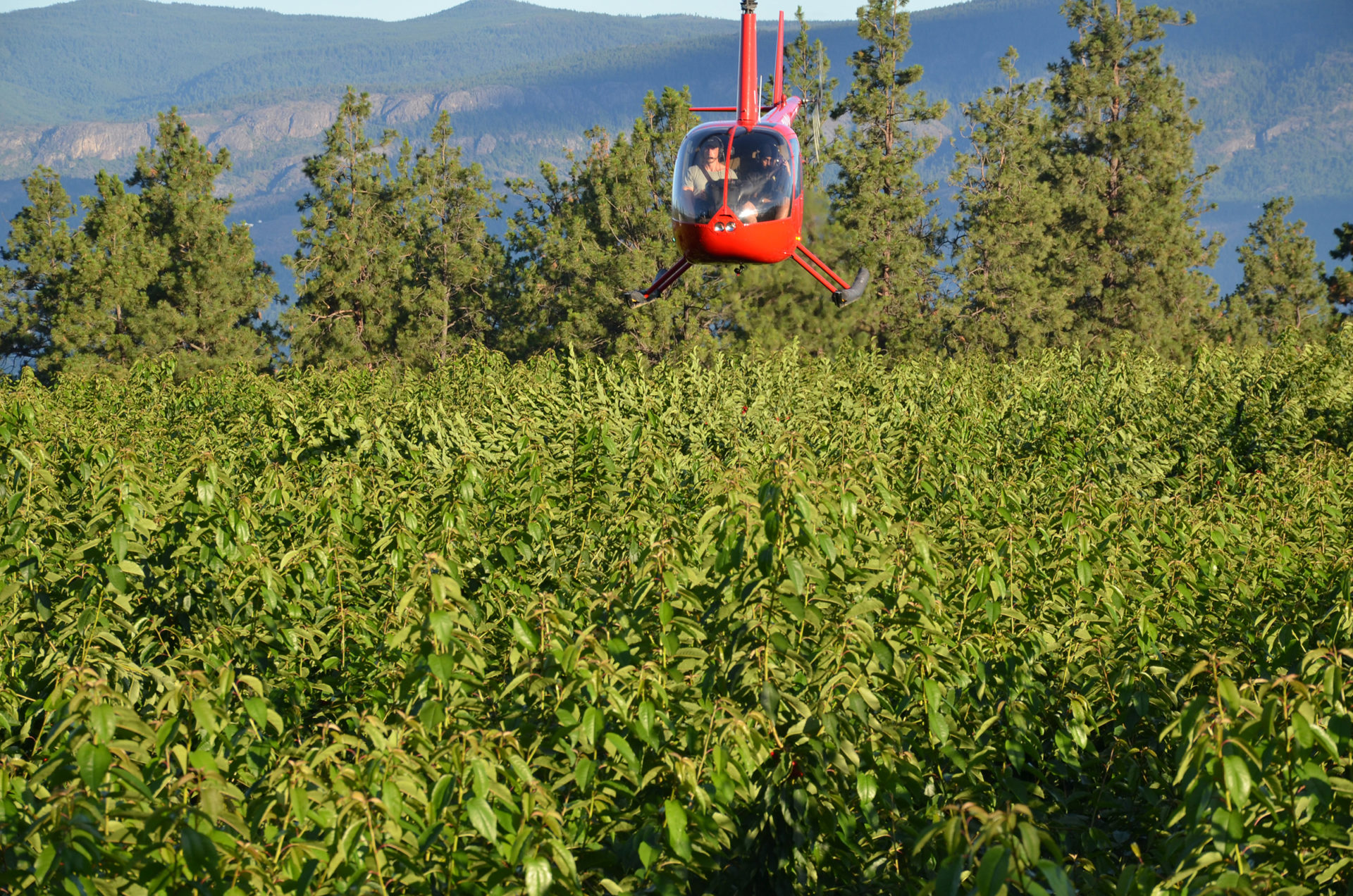VERNON – The province’s new labelling regulations for organic products kick in September 1, but producers who don’t comply will face warnings before being hit with fines.
“The BC government, working with Certified Organic Associations of BC (COABC), will use a graduated enforcement approach that initially focuses on bringing businesses and individuals into compliance through education and warnings,” ministry communications staff said.
Plans for the new labelling requirements were announced in September 2016 and enacted as part of the Food and Agricultural Products Classification Act in December 2016. The new regulations require that any product sold in BC and labelled as “organic” be certified organic by a designated certifying body. COABC is an umbrella group that represents nine certifying bodies active within the province. Producers who describe their products as organic but lack the appropriate certification risk various penalties, including a $350 fine.
The enforcement regime will be complaint-driven, but details were still being worked out at the end of August.
“We have continued to work with the Ministry of Agriculture towards the enforcement of the regulation and we are all working hard to sort out details,” COABC executive director Jen Gamble said August 17.
The depth of the confusion confronting producers and those engaged in selling farm products was evident earlier this year in conversations Gamble had both at COABC’s annual general meeting in Abbotsford as well as a week later at the annual conference of the BC Association of Farmers’ Markets. Certified organic farms and processors represent approximately 40% of sales at BC farmers’ markets.
A key concern for market managers was the wording vendors would be allowed to use, and how the new labelling requirements would be enforced.
“Those specific details are still being worked out,” agriculture ministry staff told Country Life in BC at the time, declining to say whether coffee brewed from organic beans could be called organic or whether business names that include the word “organic” would need to change.
The province’s organic specialist, Emma Holmes, has not responded to requests for clarification.
While the province gave producers a generous window to prepare for the new labelling regime, including seeking certification to allow them to label their products as organic, it’s not clear how many producers took advantage of the opportunity.
According to Statistics Canada, a total of 550 BC farms claim to have organic products for sale in 2016, but just 449 were certified organic. A further 110 were in transition to organic production.
COABC’s own figures list 693 certified producers in 2016, and 748 in 2017.
Gamble says many farms that claim to be organic are close enough to achieve certification if they want, but she has no idea how many actually have done so in response to the new regulations.
“This is an almost impossible question for us to answer,” she says. “We do not have access to the reasons people are choosing certification so though our membership has increased over the last few years, we cannot attribute it directly to the new regulation.”


 New entrants face scrutiny, but no waitlist
New entrants face scrutiny, but no waitlist